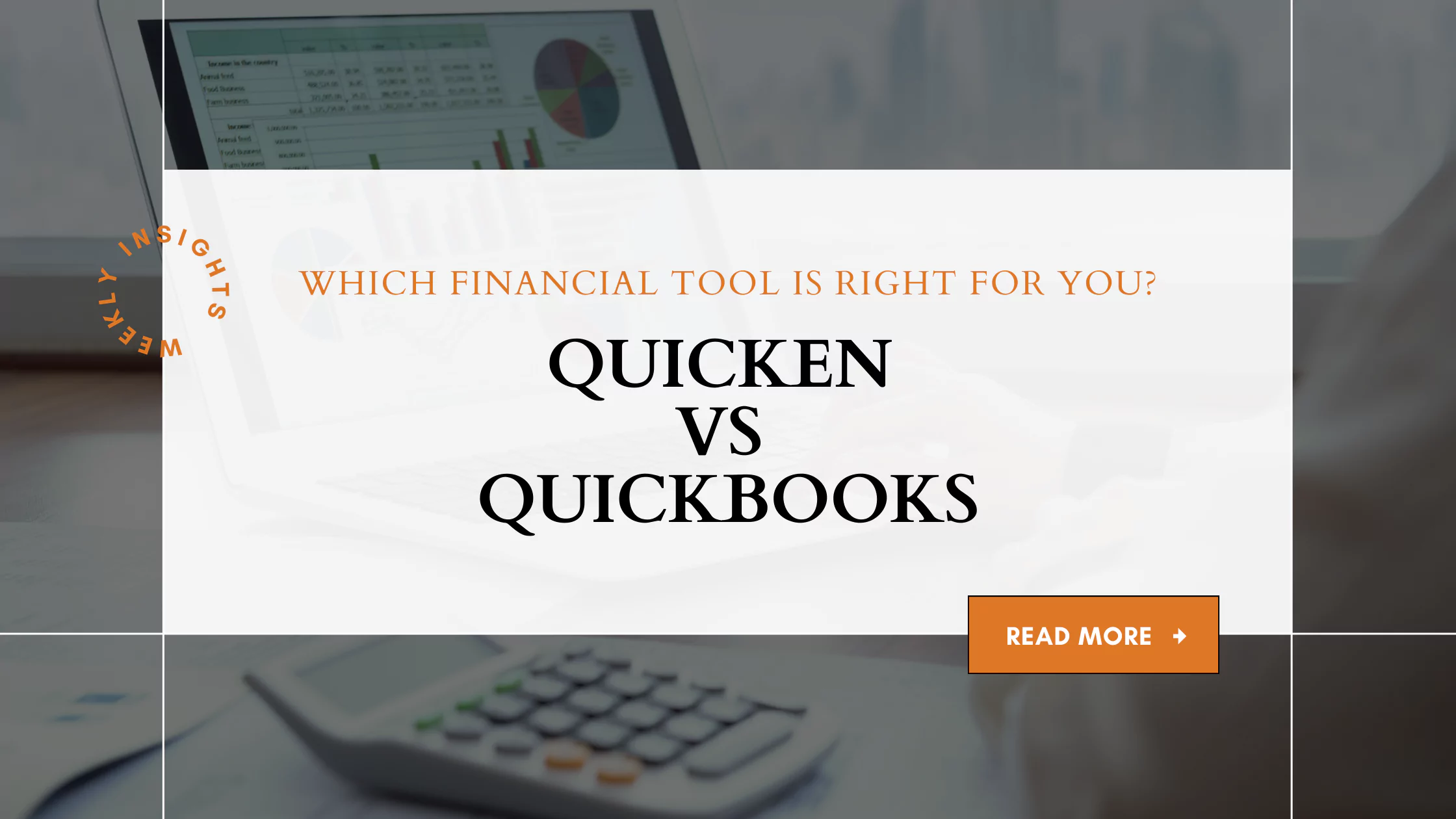November 15 2024 | By Raza Agha | 7 minutes Read

1. Automation of Repetitive Tasks
2. Enhanced Accuracy and Reduction in Errors
3. Real-Time Financial Reporting and Insights
4. Integration with Other B2B Accounting Systems
5. Enhanced Data Security and Compliance
6. Scalability for Growing Businesses
7. Cost Savings for Small Businesses
8. Predictive Analytics and Forecasting
9. Improved Customer Service
10. AI-Driven Strategic Advice
A Bright Future for AI Bookkeeping
The emergence of AI has impacted a number of sectors, including bookkeeping. AI bookkeeping solutions have been growing in popularity among small firms in recent years as a means of improving financial efficiency, reducing errors, and increasing financial management.
Keeping track of expenditures, setting up financial records, and balancing finances can be difficult and time-consuming for many people. Thankfully, small business owners may now take advantage of previously unobtainable levels of accuracy, productivity, and cost-effectiveness with AI for bookkeeping.
This article explores how AI has altered bookkeeping for small businesses, looking at how the latest technology is changing everything from financial insights to data entry. Let’s examine how AI bookkeeping is impacting B2B accounting going into the future and the practical advantages that it offers.
Traditional bookkeeping is tedious for many small firms, including hours of repetitive data entry. It could prove tiresome leading to mistakes while performing tasks like typing in receipts, tracking payments, balancing accounts, and classifying spending.
However, many aspects of this manual labor can be automated through AI bookkeeping, significantly reducing the time and effort required. Financial data may be automatically processed and classified by small enterprises using AI-powered software. The AI can manage data entry without continual supervision since it learns from past entries to appropriately classify expenses.
Small business owners and accountants are able to devote more of their time to more strategic pursuits as a result of this automation, which additionally simplifies operations and lowers human error. Think of a platform that can manage all of your real-time payment tracking, invoice matching, and receipt scanning—it’s a game-changer that makes AI for bookkeeping invaluable.
Bookkeeping mistakes can result in tax problems, financial gaps, and even possible fines. Due to their busy schedules, small business owners may not always have the time or knowledge to identify these mistakes.
However, AI bookkeeping adds a level of accuracy and reliability that is better compared to standard techniques. Artificial intelligence (AI) systems examine financial transaction patterns and highlight any discrepancies that could indicate errors or even fraud. AI bookkeeping technologies are able to identify any problems before they become more serious by continuously learning from data.
The program might notify the user, for example, if a transaction deviates from past expenditure trends, enabling prompt correction. Improved accuracy reduces costly errors and promotes trust in the records, both of which are critical for financial stability.

One of the greatest advantages of AI in bookkeeping is the ability to generate real-time financial reports and insights. Traditional bookkeeping often requires periodic reviews, with month-end or quarterly summaries.
However, AI-powered solutions can process transactions and update reports instantaneously, giving small business owners up-to-the-minute views of their financial health. These real-time insights enable more informed decision-making. For example, a business owner can see immediately if they are approaching their budget limit or if a particular expense category is running higher than expected.
Moreover, AI-driven insights can reveal spending trends, cash flow patterns, and profitability metrics, empowering businesses to make data-driven decisions quickly. With AI bookkeeping, small businesses no longer have to wait for financial updates—they can access a comprehensive financial snapshot whenever they need it.
A larger ecosystem of business-to-business (B2B) accounting software includes AI bookkeeping. Small business owners can manage all of their finances in one location with AI bookkeeping solutions’ easy integration with other tools like payroll, inventory management, and customer relationship management (CRM) systems. Because there is no longer a need to manually move data between systems, this interconnection increases efficiency.
AI bookkeeping software, for example, may automatically update inventory levels, track sales as revenue, and modify tax computations where necessary when they are entered into the CRM. Small businesses find it simpler to handle every facet of their finances with this degree of integration, which results in a more efficient and unified experience. AI B2B accounting integration ensures data consistency across systems, giving small business owners a 360-degree view of their financial operations.
Small businesses face significant risks when it comes to data security, particularly with financial records that contain sensitive information. AI bookkeeping software prioritizes security, incorporating advanced encryption and access control features to protect data.
AI also offers another layer of security by automatically detecting unusual patterns that could indicate a security breach or fraudulent activity.
Moreover, AI bookkeeping software can help small businesses stay up to date with ever-evolving tax laws and financial regulations. With AI and bookkeeping, firms can automatically categorize expenses according to tax regulations, generate accurate tax reports, and even provide reminders for deadlines. These compliance features reduce the risk of penalties while simplifying the audit process should it be necessary.
As small businesses grow, their financial requirements often become more complex. Hiring additional staff or expanding manual bookkeeping efforts can be costly. AI bookkeeping, however, is scalable, adapting to the needs of businesses as they expand.
For a small business with a relatively simple financial structure, AI bookkeeping might handle basic data entry, expense tracking, and reporting. However, as the business grows, the AI can manage more sophisticated tasks, such as multi-currency transactions, forecasting, and budgeting.
This scalability makes AI an excellent fit for businesses looking to expand without increasing their bookkeeping overhead. With AI B2B accounting solutions, small businesses can scale their financial operations seamlessly without being bogged down by the increasing complexity of their bookkeeping needs.
Hiring full-time accounting staff or outsourcing bookkeeping tasks can be prohibitively expensive for small businesses. With AI-powered bookkeeping, businesses can significantly reduce these costs by automating key processes and reducing reliance on outside accounting services. The initial investment in AI bookkeeping software often pays off quickly, as it reduces labor costs, minimizes errors, and optimizes financial workflows.
Furthermore, many AI bookkeeping solutions offer tiered pricing structures, allowing businesses to pay only for the features they need. This flexibility makes AI an affordable option for businesses of all sizes, particularly those with budget constraints. By utilizing AI for bookkeeping, small businesses can improve their financial management without straining their budget.
AI doesn’t just assist with current financial tasks; it also provides predictive analytics to help small businesses plan for the future. Predictive analytics uses historical data to forecast future cash flow, revenue, and expenses. For small business owners, this insight is invaluable in preparing for seasonality, budgeting for upcoming expenses, and setting growth goals.
AI bookkeeping software can analyze spending trends, customer payment habits, and sales cycles to offer predictions that inform budgeting and strategy. With AI and bookkeeping working in tandem, small business owners can anticipate challenges, allocate resources effectively, and avoid financial pitfalls before they arise.
Many AI bookkeeping platforms come with AI-driven customer service features, such as chatbots, which provide instant answers to common questions. This level of accessibility is beneficial for small business owners who may need quick help with questions about invoicing, expense categorization, or report generation.
Additionally, some advanced AI bookkeeping tools allow small businesses to give clients or customers access to certain financial information, such as open invoices or payment histories, in a controlled and secure manner. These features improve the transparency of B2B relationships, enhancing trust and streamlining communication.
One of the most promising aspects of AI in bookkeeping is its potential to offer strategic financial advice. As AI systems analyze transaction data and financial patterns, they can begin to offer recommendations tailored to the business’s unique situation. For example, an AI system might suggest cost-saving measures, like renegotiating vendor contracts, or provide insights on how to optimize cash flow by adjusting invoice payment terms.
By offering data-driven recommendations, AI bookkeeping platforms provide more than just record-keeping—they become virtual advisors that help small businesses make smarter financial decisions. This added value is particularly beneficial for small businesses that may not have access to dedicated financial advisors.
AI bookkeeping is more than just a trend; it’s a powerful solution transforming the way small businesses manage their finances. From automating repetitive tasks and ensuring accuracy to offering real-time insights and strategic advice, AI bookkeeping enables small business owners to operate more efficiently and confidently.
As AI technology continues to advance, we can expect even more sophisticated features that will further simplify B2B accounting and bookkeeping processes. Small businesses that embrace AI bookkeeping tools today are not only future-proofing their financial operations but also gaining a competitive edge in their industry. Embracing AI for bookkeeping doesn’t just make sense—it’s a strategic move that can empower small businesses to thrive in an increasingly complex financial landscape.
Subscribe for business tips, tax updates, financial fundamentals and more.
MORE BLOGS

In the world of small businesses, managing finances can quickly become overwhelming. Enter the bookkeeper – a financial wizard who keeps your accounts in order, ensuring […]
Learn More →
In today’s digital world, small businesses are in for a tough time when it comes to managing their finances. Traditional bookkeeping methods are a real drag […]
Learn More →
Managing your finances, whether personal or for your business, can sometimes feel like a game of juggling with too many balls in the air. But the […]
Learn More →